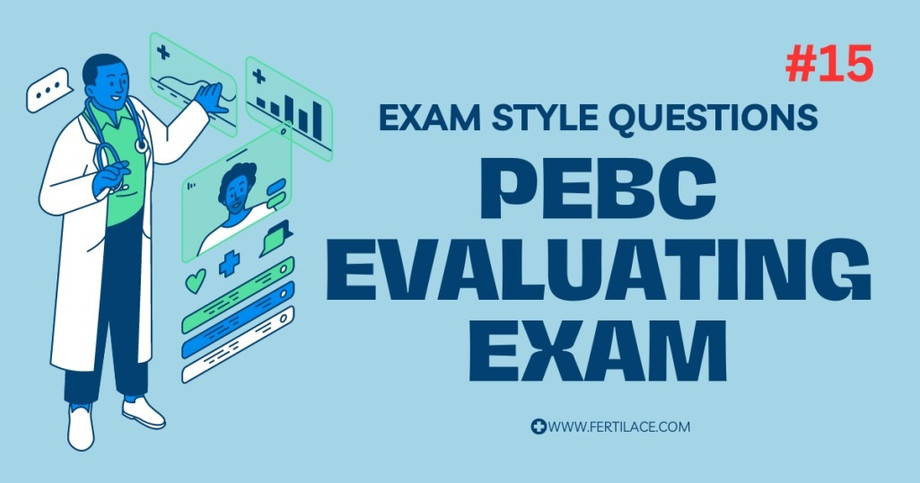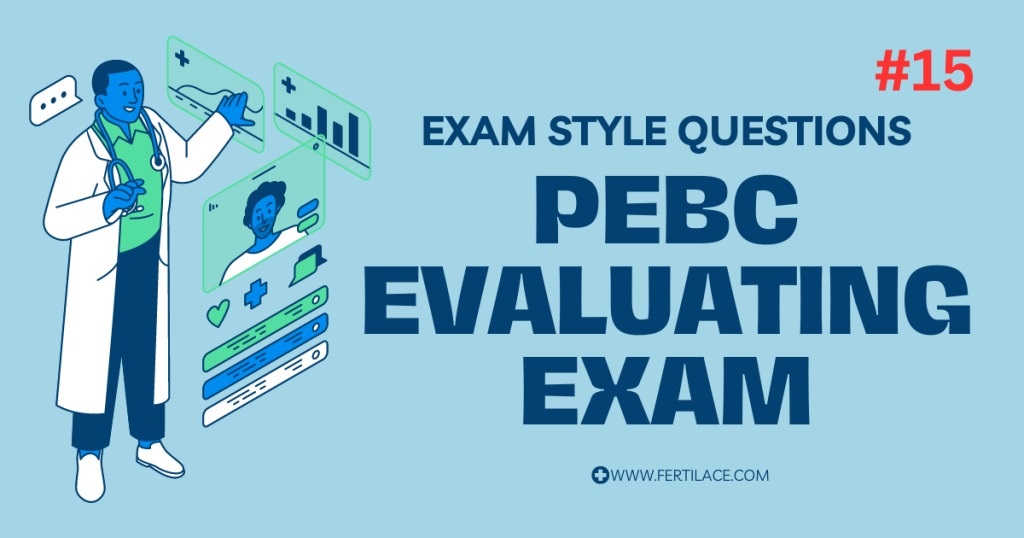The ability to assess cognitive function is essential in modern healthcare, especially when evaluating patients with potential neurological or psychiatric conditions. The Mini Mental Status Exam (MMSE), often referred to as the mini mental state exam has become one of the most widely used tools for this purpose. Developed by Dr. Marshal Folstein and his colleagues in 1975, the MMSE provides a quick, structured, and effective way to measure cognitive impairment and monitor changes over time. This test plays a crucial role in diagnosing conditions such as dementia, Alzheimer’s disease, and other forms of cognitive decline.
The Mini Mental Status Exam is designed to assess various aspects of mental functioning, including orientation, attention, memory, language, and visuospatial skills. It is a concise test that typically takes around 10 to 15 minutes to complete, making it practical for use in both clinical and research settings. The test’s format allows healthcare professionals to evaluate patients objectively while maintaining consistency across different examiners. It provides a standardized score that helps determine whether cognitive impairment is mild, moderate, or severe.

In clinical practice, the MMSE is often administered during routine check-ups, hospital admissions, or when a physician suspects a decline in mental ability. It serves as an early warning system for conditions that may require further evaluation or treatment. For example, elderly patients experiencing confusion or memory lapses can be screened using this tool to determine if their symptoms align with cognitive impairment or if other medical issues may be contributing. Its efficiency and reliability have made it a cornerstone of cognitive assessment in medicine.
At the midpoint of the assessment process, the examiner guides the patient through tasks that test short-term memory, problem-solving, and language comprehension. This is where the mini mental state exam becomes particularly valuable, as it helps clinicians identify subtle impairments that might otherwise go unnoticed. Patients may be asked to recall words, follow simple commands, or copy geometric figures, each activity providing insight into specific areas of brain function. The standardized scoring system, which typically ranges from 0 to 30 points, enables medical professionals to interpret results easily. A lower score may indicate cognitive impairment, prompting further diagnostic evaluation or treatment.
While the Mini Mental Status Exam is extremely useful, it is not without limitations. One of its main challenges is that results can be influenced by factors such as a person’s age, education, and cultural background. For example, individuals with lower educational attainment may score lower despite not having significant cognitive deficits. Similarly, language barriers or hearing impairments can affect performance. Therefore, healthcare providers must interpret the results within the broader context of a patient’s background, medical history, and other assessments. In recent years, alternative tools and modified versions of the MMSE have been developed to address these limitations, offering more accurate results across diverse populations.
Another significant aspect of the Mini Mental Status Exam is its ability to track changes over time. Clinicians can administer the test periodically to determine whether a patient’s cognitive abilities are improving, stable, or declining. This is especially important for managing progressive conditions like Alzheimer’s disease, where early detection and regular monitoring can help tailor treatment plans and improve quality of life. In addition, the MMSE can be used to assess the effectiveness of medication or rehabilitation programs aimed at improving cognitive function.
The widespread use of the Mini Mental Status Exam in hospitals, nursing homes, and outpatient clinics highlights its importance in patient care. It provides a structured way to gather valuable information that might otherwise require lengthy and complex neuropsychological testing. By combining simplicity with scientific rigor, the MMSE bridges the gap between primary care and specialized neurological evaluation.
In conclusion, the Mini Mental Status Exam remains one of the most essential tools in cognitive assessment. Its structured approach, reliability, and ease of use make it a preferred choice among healthcare professionals worldwide. While it should not be used as the sole diagnostic method, it provides a strong foundation for identifying cognitive impairment and guiding further evaluation. As research in neurology and psychiatry continues to evolve, the MMSE will undoubtedly remain a key component in understanding and preserving mental health across all stages of life.





Comments